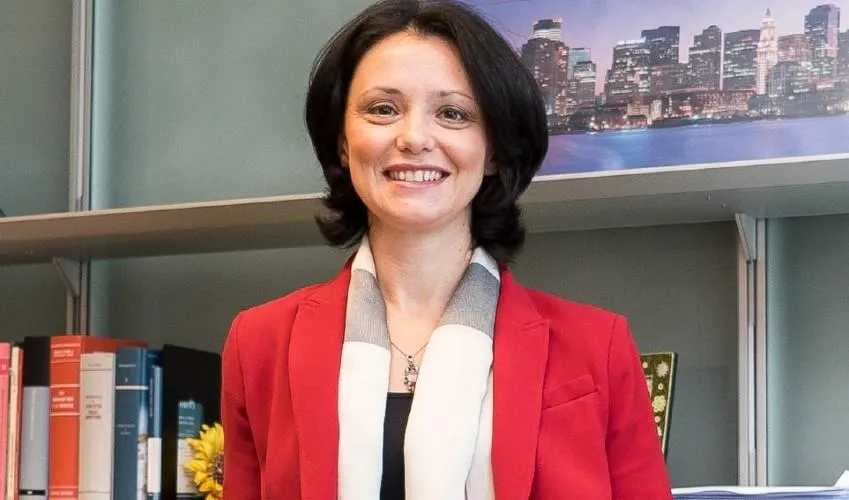
The KPMG Chair in Accounting Has Been Established, for Accounting that Counts
Once upon a time there was bookkeeping. And there still is, but it is no longer the main object of modern accounting. One of the purposes of the KPMG Chair in Accounting, launched with a Lectio Inauguralis on 23 March, is precisely to make the public aware of the evolution of a discipline and a profession that have more than 500 years of tradition and continue to grow, to the point where today it uses even the most advanced data science tools.
"The evolution of the discipline has accelerated considerably since the 1960s," explains Annalisa Prencipe, the professor who holds the new Chair, "thanks to cross-fertilization with finance and economics, so much so that today I would not hesitate to define it as a branch of information economics."
The idea that accounting boils down to numbers and measures is obsolete for anyone who has had a modern financial report in their hands. "Over the last 25 years," Professor Prencipe says, "financial reports have become richer in non-financial information, related to strategy, business risks, and sustainability. From 1998 to 2012, the average length of financial reports of listed companies increased by two and a half times, and the process hasn't stopped since then."
Another overlooked aspect is the discretion enjoyed by accounting professionals. "Within the limits, of course, of the law and accounting standards," Prof. Prencipe continues, "and in addition to the mandatory disclosures, those involved in corporate reporting can decide what information to provide and how to provide it, thus defining a true information strategy for their company."
The most important and least understood point, however, is Accounting's ability to have real effects. "Accounting does not merely mirror and represent reality," she explains, "but it can change it. When new accounting rules are introduced, or communication strategies aimed at transparency are pursued, the behavior of economic players, starting with managers, changes. Some recent studies show, for example, that when the directive on non-financial information was introduced in Europe, investments linked to sustainability increased."
"The launch of a new Chair in Accounting, in this historical moment in which universities continue to do research and teaching despite the pandemic, is wonderful news," says Bocconi's Rector, Gianmario Verona, "All the more so because it reinforces the collaboration with a strategic partner of the University, KPMG, to whom our gratitude goes. It is fascinating to see that this research program will clarify the features of a key profession for the economy and anticipate some of the changes that the world of Accounting will bring about in this epochal moment for industry and finance."
"Accounting is a fundamental element of our professional identity and cuts across all of our competencies. This is why we are really proud to launch today a chair permanently named after KPMG, in one of the most prestigious universities of social sciences in the world," comments Domenico Fumagalli, Senior Partner of KPMG. "We want to bring accounting back to the center of the economic debate at a time when the needs of investors and stakeholders are changing, driven by issues such as sustainability and digital. The idea is to promote, together with Professor Prencipe's team, an intense study activity, thus fertilizing our experiences 'in the field' with the most advanced methodologies of academic research. Among our objectives is also to train a new generation of managers and finance professionals who are competent not only from a technical point of view but also able to grasp all the interdependencies between accounting, governance and the most advanced management models."